ECF April 20/21 Cohort
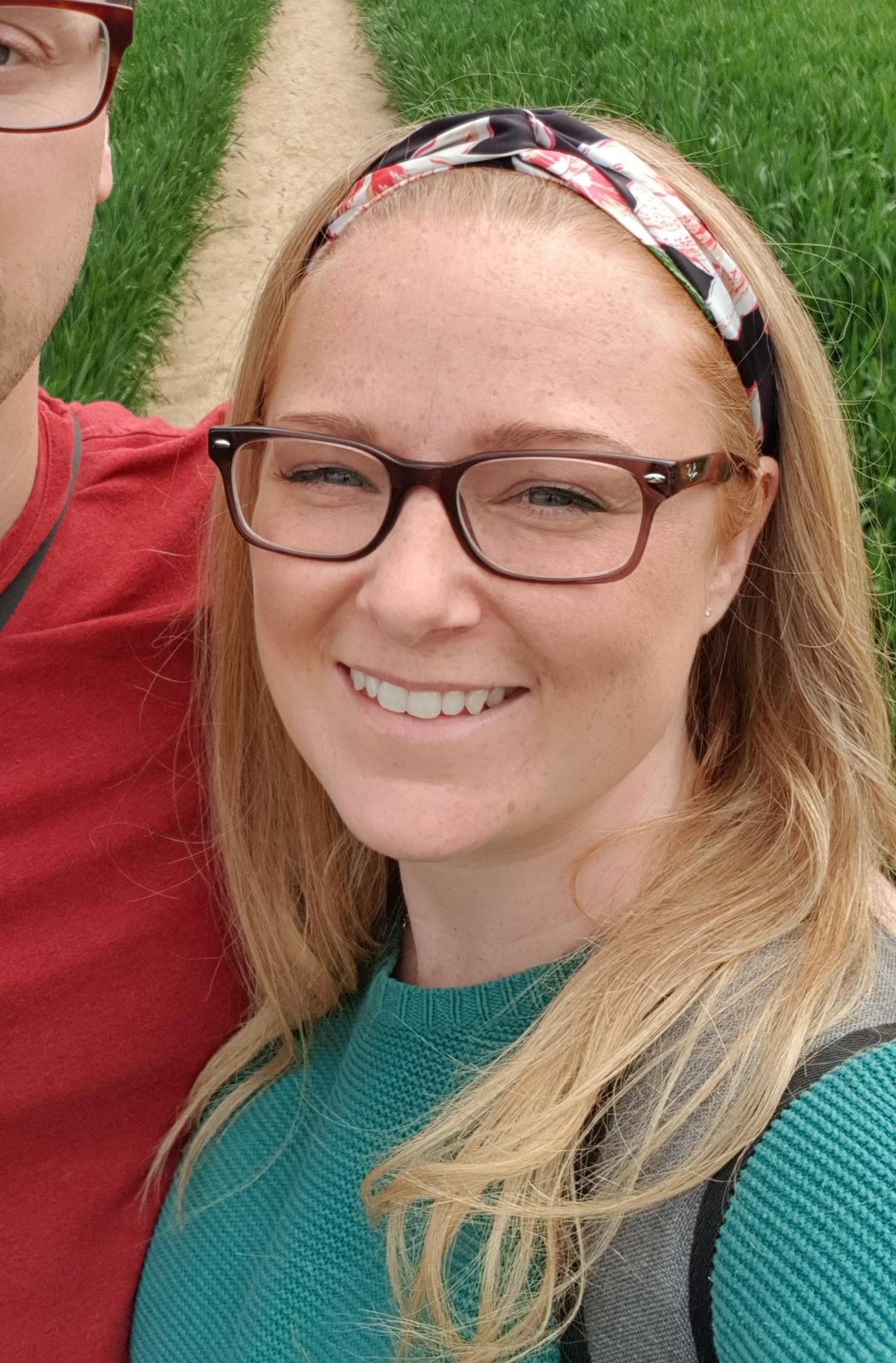
Charlotte Hills
I am interested in the visual expertise humans use to effortlessly recognise familiar faces and written words, and how this ability may be disrupted. I have worked with subjects with prosopagnosia, or ‘face blindness’, and have supported the development of digital rehabilitation programmes to improve the condition. I also have a broader interest in digital interventions, particularly in the context of healthcare, which improve cognitive function and behaviour change. Following my publications as a Research Assistant in the Human Vision and Eye Movement Laboratory at the University of British Columbia, I completed my PhD in psychology at the University of Warwick under the supervision of Professor Sotaro Kita. I also work as a learning consultant for industry clients to develop digital training programmes for their employees. I am currently using my ECR Fellowship to boost knowledge sharing between industry and academia, in respect to evidence-based digital design practices.
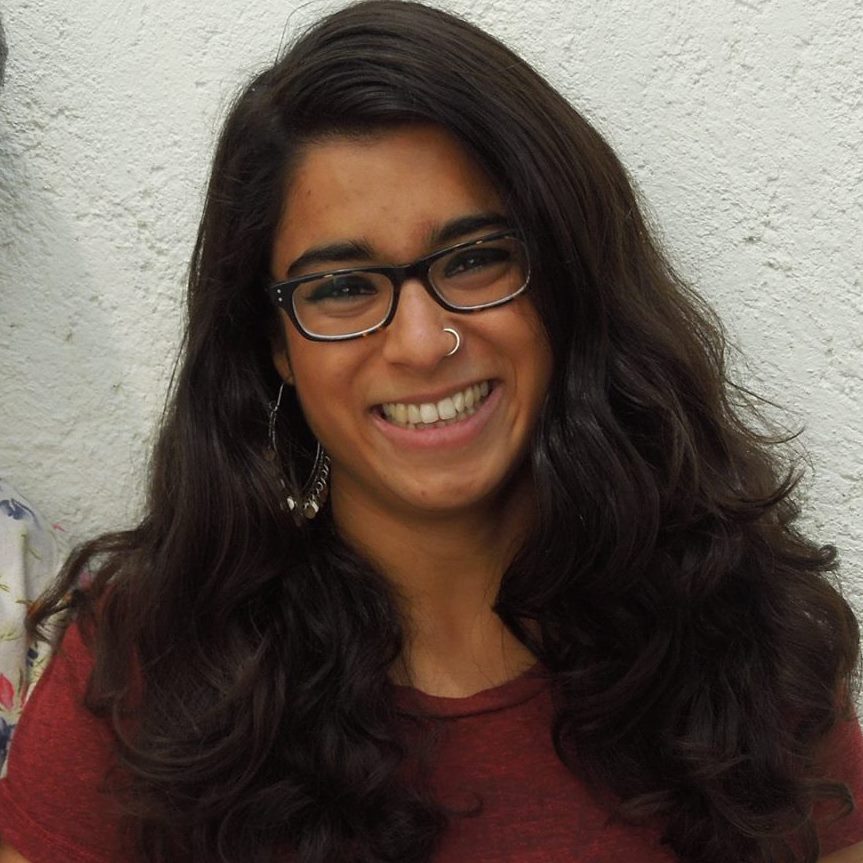
Natasha Bondre
Natasha Bondre submitted her PhD in December 2020, and is currently an Early Career Fellow at the University of Warwick, working jointly in the Yesu Persaud Caribbean Centre and the Department of English and Comparative Literary Studies. Her doctoral thesis examines the ecological nature of petro-capitalism in what has been termed the ‘expanded Caribbean,’ through studying the literatures, in Spanish and English, of specific nation-states in the region. Her general research and teaching interests consist of (but are not limited to): post-colonial literature and theory, eco-criticism, global Anglophone and Hispanophone literatures, world-literature and world-systems theory, disaster studies, cultures of protest in the pan-Caribbean, particularly against commodity frontier complexes, and speculative fiction, particularly Afrofuturism from both sides of the Atlantic.
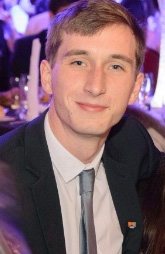
Robert Eves
My research aims to better understand the factors that aid development for individuals born preterm and what factors can lead to difficulties, predominantly in areas surrounding cognitive development. These factors are of particular importance due to their ability to predict a wide range of future outcomes, including success in school, work and relationships. To research this area, I analyse large datasets of both preterm and term born individuals, collected in multiple countries over many years. More information can be found at https://recap-preterm.eu/.

Clementina Gentile-Fusillo
I am based at the Department of Politics and International Studies and submitted a PhD thesis in political theory in December 2020. My work so far has looked at the truth-related virtues liberal democracy requires of its members and on the role democratic representation plays in fostering the development of such virtues in democratic societies. In particular, I have looked at democratic representation from the standpoint of the representative and therefore configured it as the experience of representing others. I am currently interested in exploring the psychological and sociological aspects involved in such an experience, to gain a better understanding of the ethical transformation representatives undergo and its actual and potential effects on the health of democratic societies.
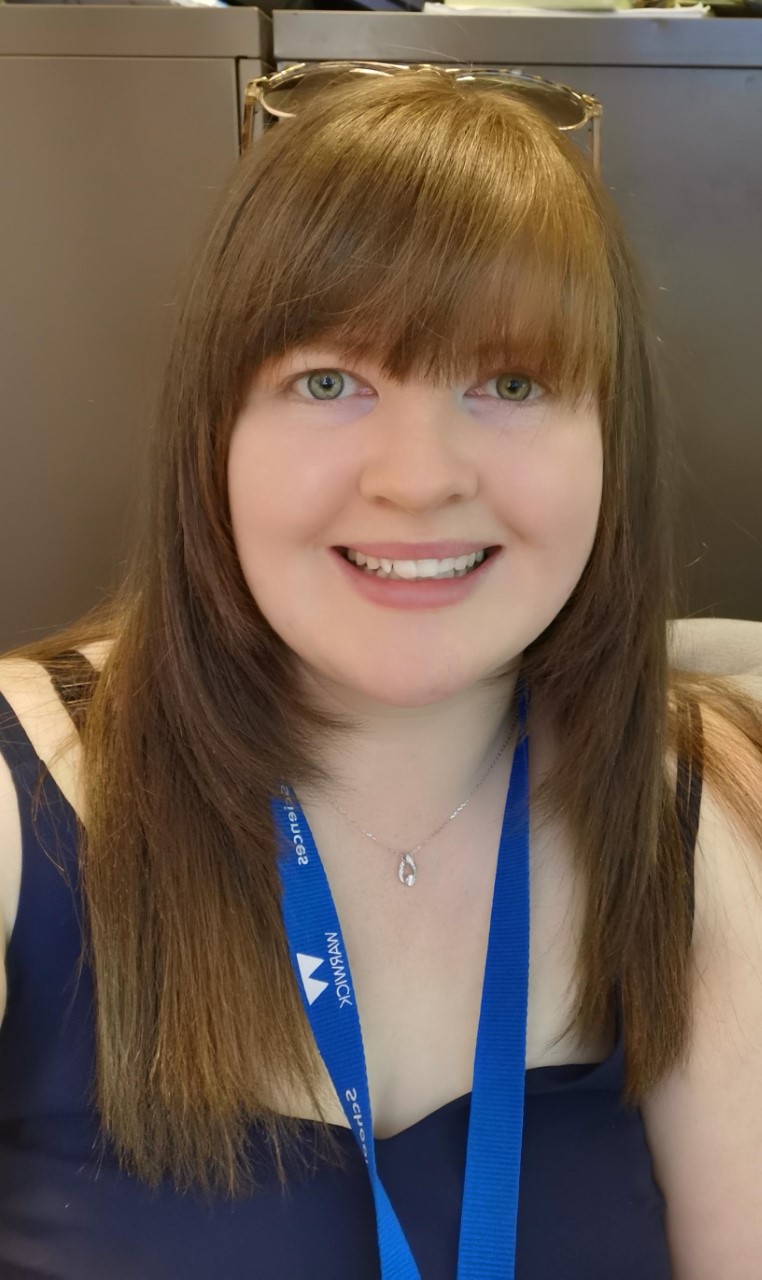
Emily Hill
'I am based in the neuroscience in the department of life sciences. My PhD has focussed on understanding the early neuronal changes that occur in neurodegenerative disorders such as Alzheimer’s disease and Parkinsons disease. The aggregation of misfolded proteins is central to the pathology of both diseases and understanding what these clumps of protein are doing early in disease could lead to new therapeutic targets. To do this I have used a combination of experimental and computational modelling approaches. As an early career fellow, I hope to network and generate new collaborations to strengthen future fellowship applications.'
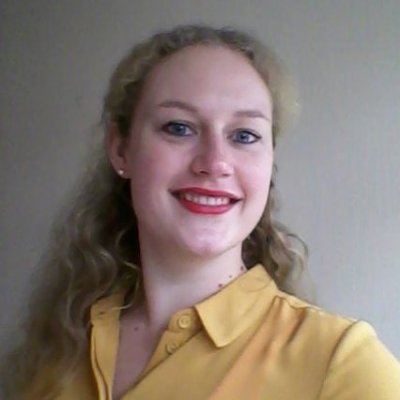
Tina Janssen
I am an early career researcher in the Department of English and Comparative Literary Studies. I have recently submitted my PhD thesis titled ‘’Future Scholars, Future Poets’: The Contemporary Reception of Sir William Jones’s Translations of Oriental Literature, 1770-1835.’ This thesis examines the influence Jones’s translations of Arabic, Persian, and Sanskrit literary texts had on his contemporary European audience, in the contexts of both approaches to language acquisition, and literary development. I undertook this research as part of the project ‘Oriental Scholarship, Latin Poetry, and the European Enlightenment: The Case of William Jones’, funded by the Leverhulme Trust.
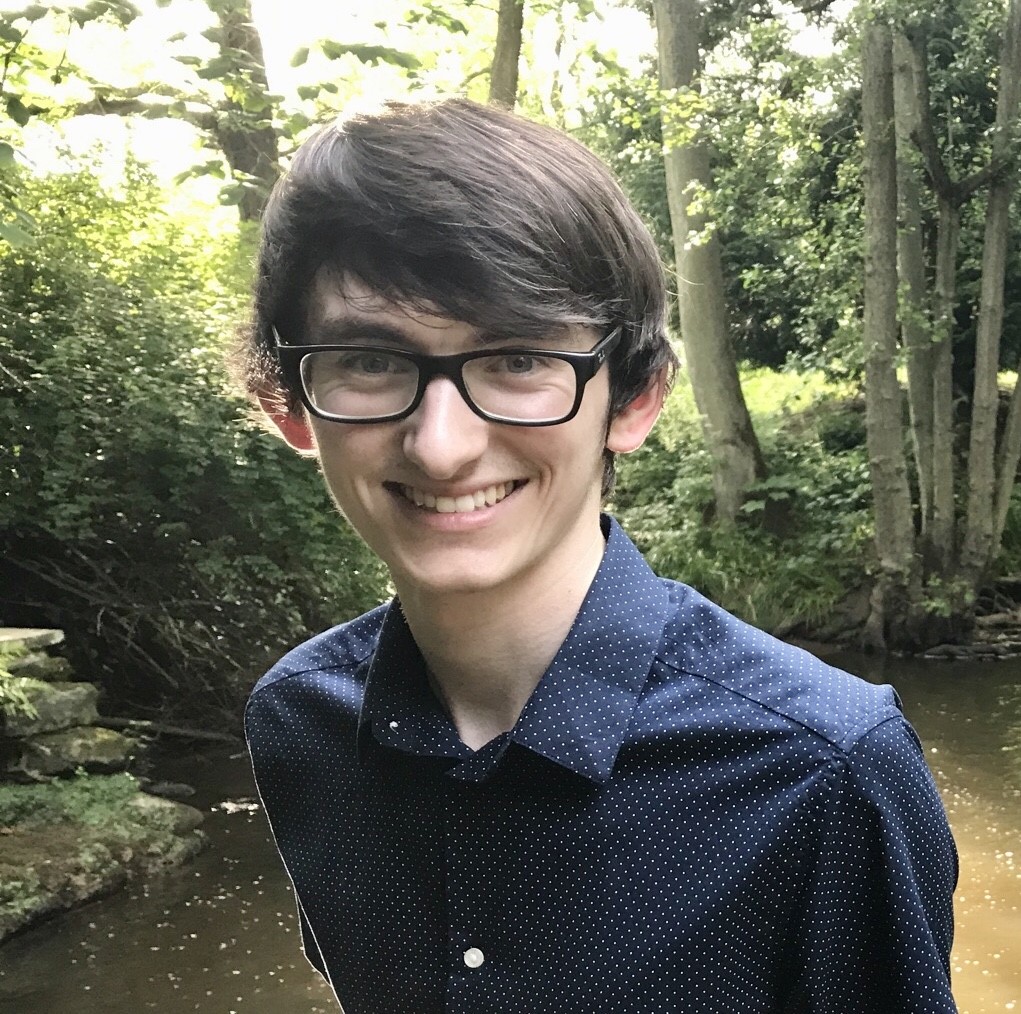
Lewis Mosby
I have recently completed my interdisciplinary PhD project split between the Physics Department at the University of Warwick and the Warwick Medical School, studying the intracellular transport of cargo molecules using end-binding proteins with Professor Anne Straube and Dr Marco Polin. Before that, I completed my MPhys undergraduate masters degree modelling the dynamics of congested train networks with Professor Robin Ball. My research interests are in developing mathematical models to explain complex biological phenomena using the principles of statistical mechanics, and in using computational methods to test the outcomes of these models..
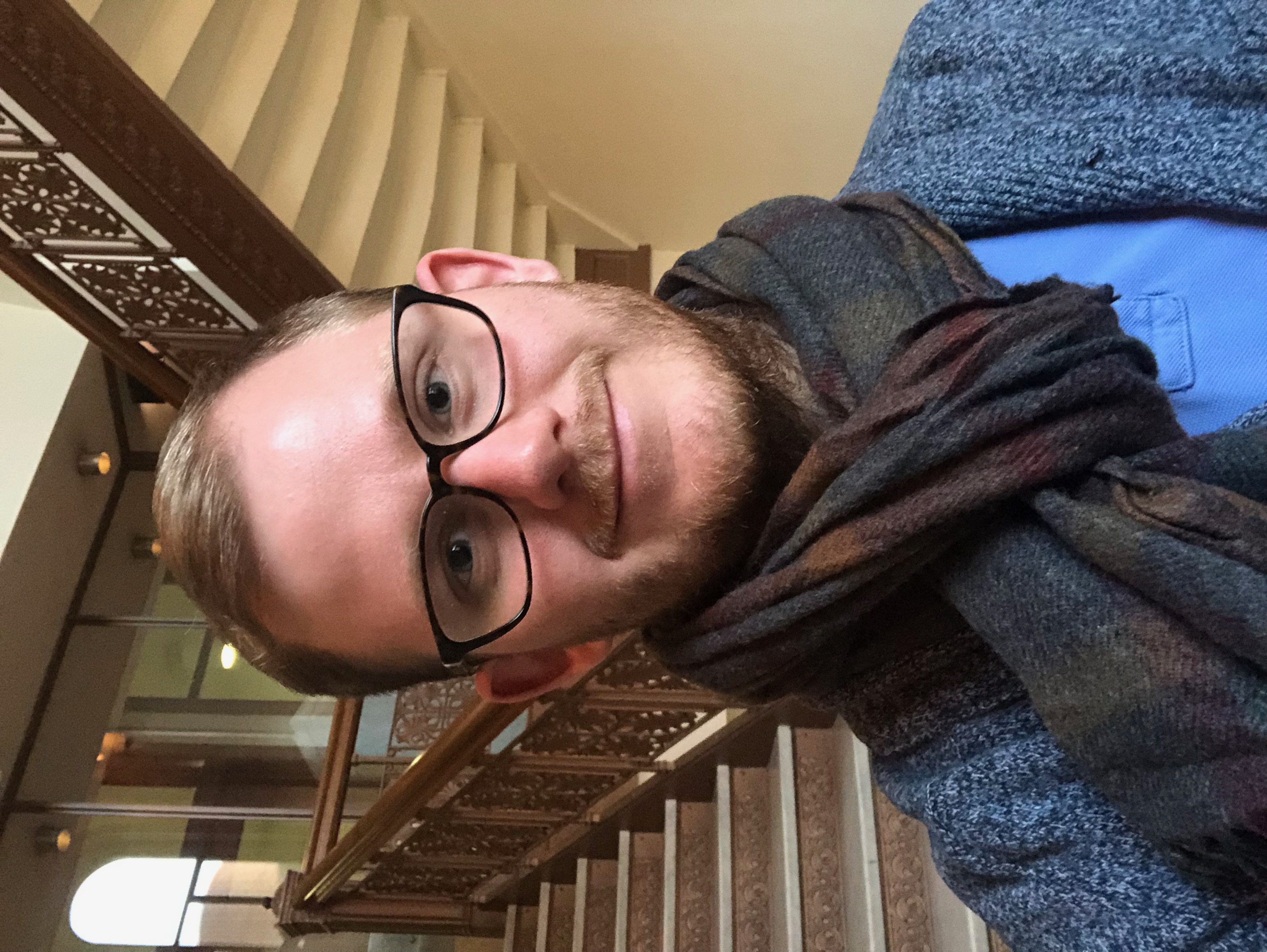
Aidan Norrie
Aidan is an interdisciplinary historian of monarchy, religion, and gender whose research focuses on the posthumous legacy of Elizabeth I. In addition to their forthcoming monograph, Elizabeth I and the Old Testament: Biblical Analogies and Providential Rule (Arc Humanities Press), they have written various essays on cinematic and televisual depictions of Elizabeth, Elizabethan royal iconography, and on female kingship more generally. Aidan has co-edited Women on the Edge in Early Modern Europe (with Lisa Hopkins; 2019), Playfulness in Shakespearean Adaptations (with Marina Gerzic; 2020); and New Directions in Early Modern English Drama: Edges, Spaces, Intersections (with Mark Houlahan; 2020).
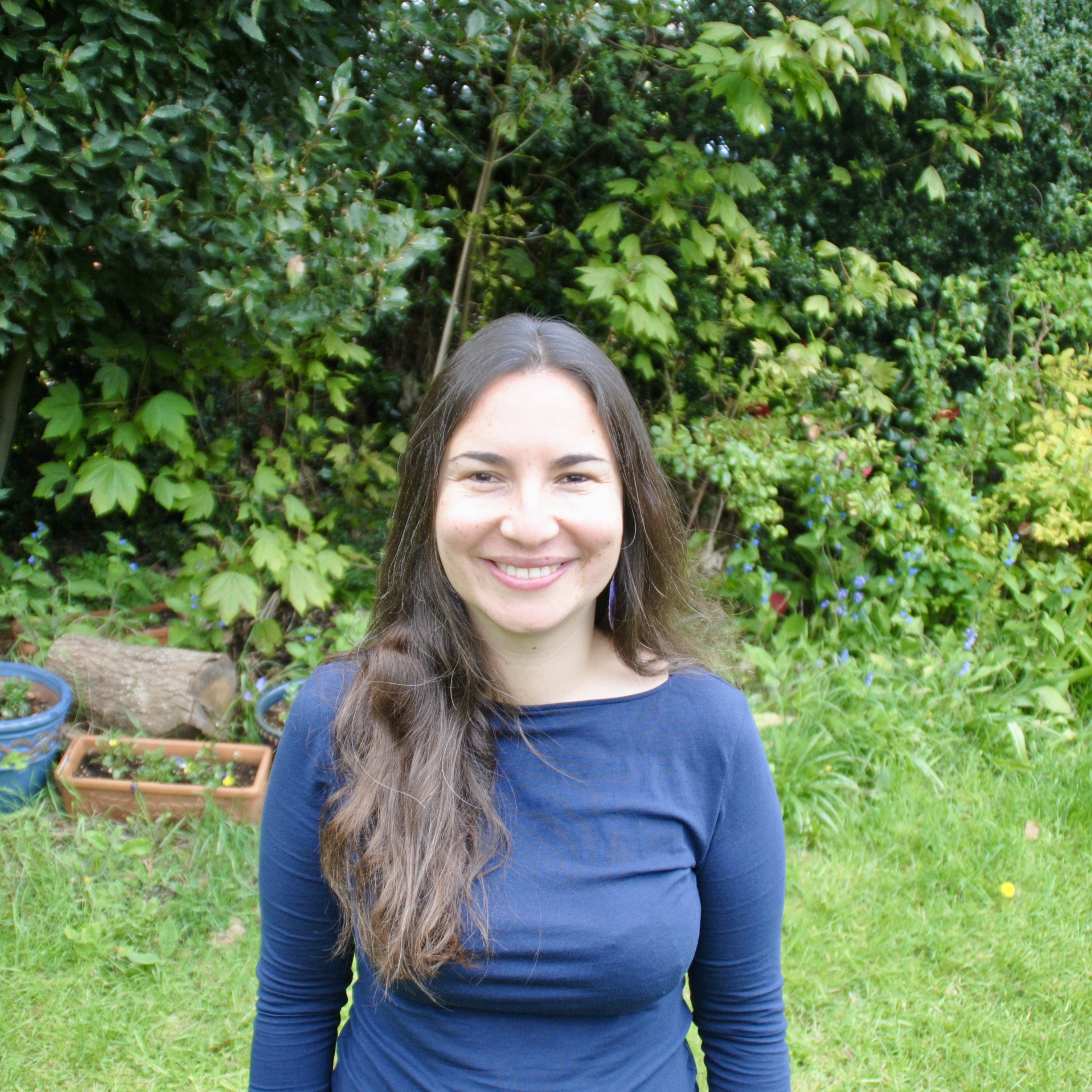
Isabel Nuñez Salazar
Isabel is an interdisciplinary sociologist researching families and relationships, focussing on how individuals do family in everyday life. She explores the way in which people in diverse domestic arrangements create family relations and how these relationships are both shaped and constrained by gender, class and sexuality. Isabel’s PhD investigates how far the heteronormative family in Chile is being challenged and the possibilities for building more egalitarian families. Her thesis explores the making of family through everyday practices, how these practices (re)produced heteronormativity and to what extent they sustain the institutional order.
Her doctoral work also examines family practices that challenge gendered power and resist and disrupt heteronormativity in intimate relationships; exploring how these are forms of social change. Isabel uses visual methods and draws her work from feminist thought, family sociology and queer theory. Her wider research interest embraces intimate citizenship, food system, feminist movements and creative methods. Isabel is a member of the Centre for the Study of Women and Gender and participates in Anti-Racist Pedagogy learning circle at Warwick.
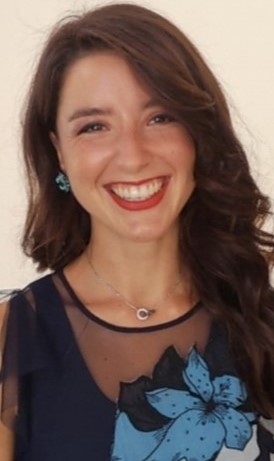
Alessandra Tafaro
Alessandra recently completed her PhD, ‘Inscribing Flavian Rome: Epigraphic Strategies in Martial’s Epigrams’, in the Department of Classics and Ancient History at Warwick.
Her research investigated the multifaceted interaction between epigrammatic and epigraphic poetry in early imperial Rome. Situated at the juncture between literary criticism and studies in material culture, her project challenged traditional scholarly understandings of writing culture in ancient empire.
During the IAS Fellowship, Alessandra shall develop her new project on anonymous/pseudonymous poetry in ancient Rome and investigate how it relates to questions of status, gender and class.
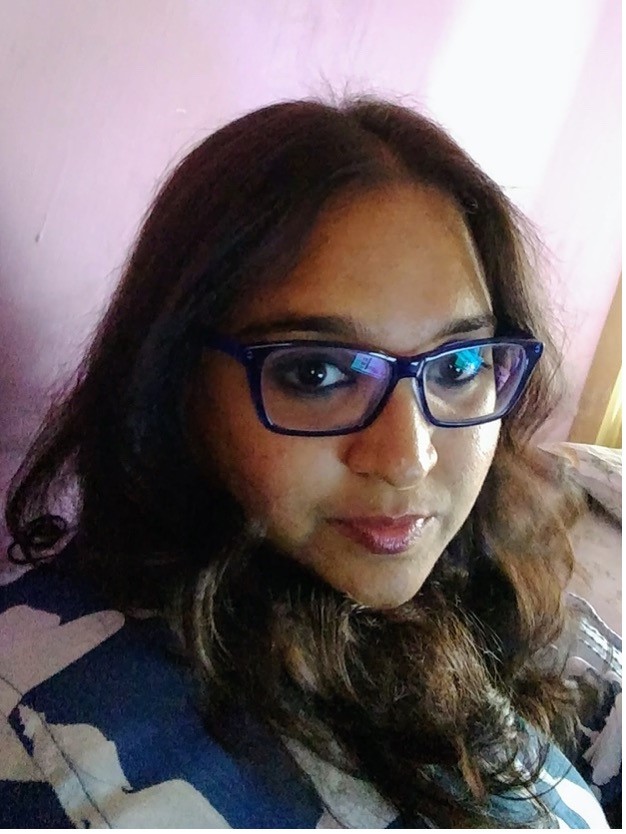
Anjali Thomas
Anjali Thomas is a PhD candidate at the Department of Education Studies at the University of Warwick, United Kingdom. Her PhD is being funded by the Fair Chance Foundation and the University of Warwick. Her PhD research has informed the Fair Chance for Education Project on gendered pathways to educational success in Haryana, India. Her doctoral research explores the role of families in the gendered educational trajectories of undergraduates accessing Higher Education in Haryana. She has also worked with CORD (Collaborative Research and Dissemination) and ICRW on a qualitative research project. She is interested in exploring researching gender and educational choices.

Simon Thorpe
My research tackles the intersections of political philosophy, constitutional theory, prefigurative democracy and social movements. In the case of my PhD thesis, this constellation of theoretical and practical concerns was read through the case study of Ahora Madrid, a municipalist movement-party active from 2015-19 that formed as a confluence of diverse political traditions (including, inter alia, left populism, autonomism, asamblearismo and libertarian municipalism). As an Early Career Fellow I plan to investigate potential lessons for the constitution of radical democracy from diverse fields such as process philosophy, systems and complexity theories and organisational cybernetics. As an associate tutor at Warwick I have taught a range of topics in both law and politics.
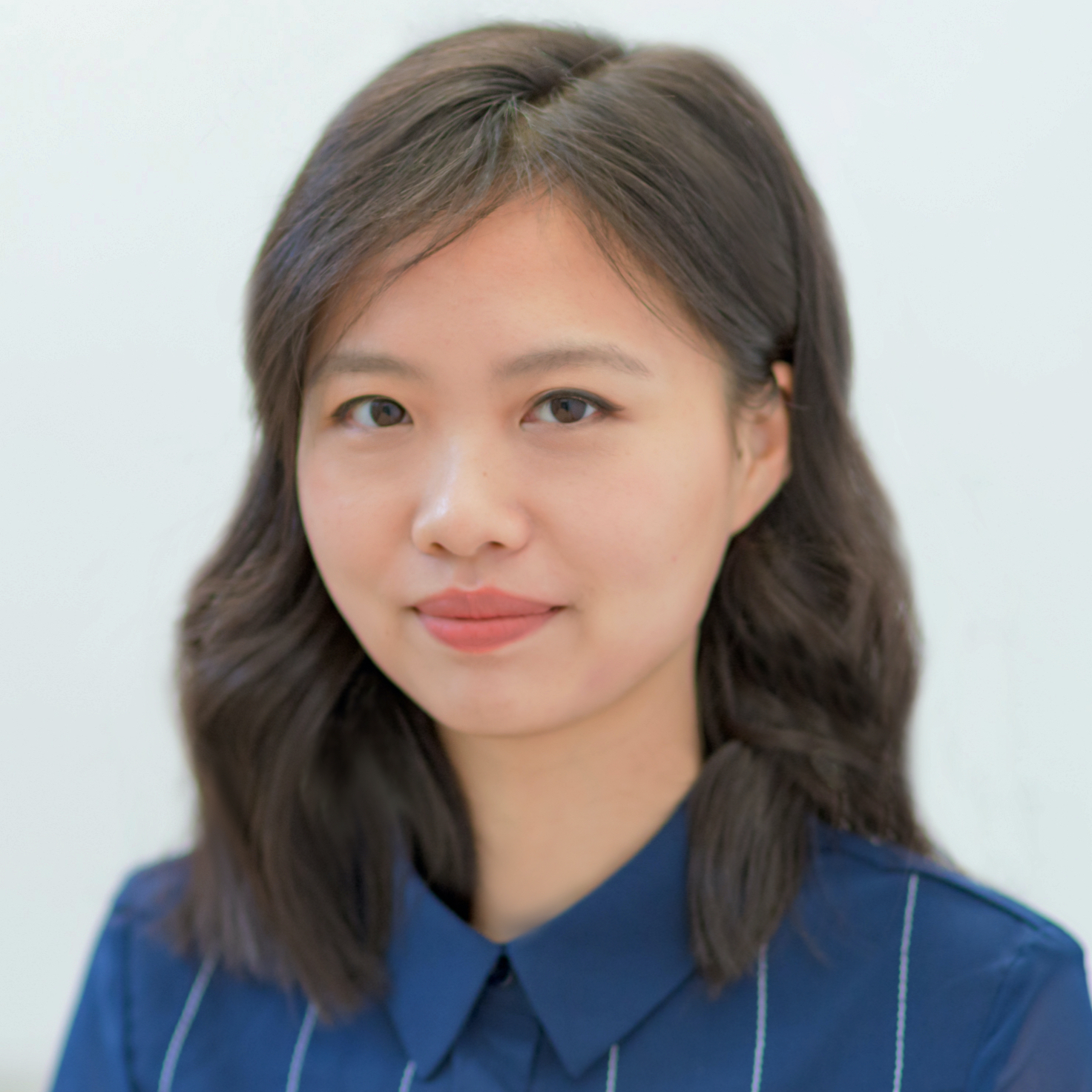
Yiluyi Zeng
Once a freelancer, I have developed an interest in understanding the phenomenon of flexible employment, such as freelance and platform work, from the perspective of sociology of work. My research topics regarding flexible employment include work meaningfulness, labour process, contracting behaviours, and cross-cultural comparison. My plan is to develop research projects that examine the impact of flexible employment, such as workers’ career trajectory and psychological well-being.
I am also interested in exploring, learning, and applying creative research methods, and I value facilitating knowledge transfer between academia and industry.
